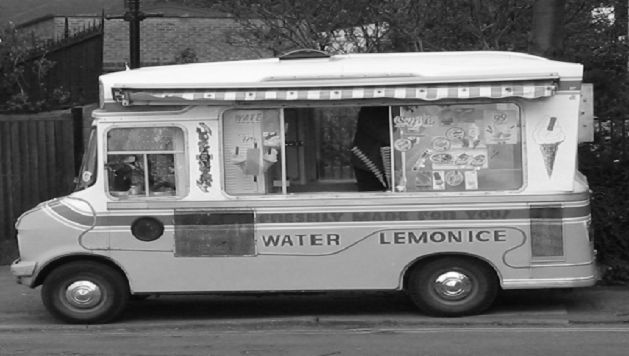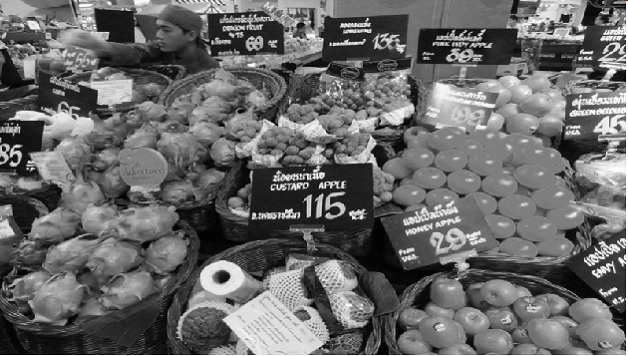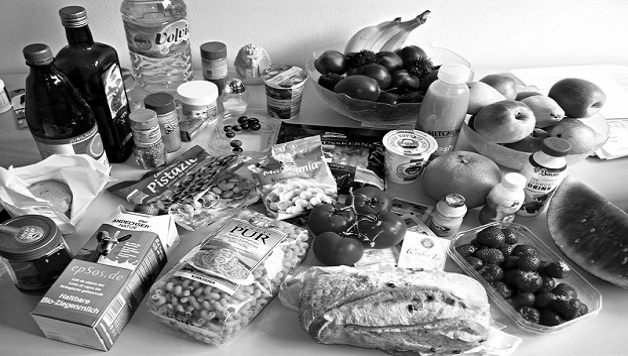The ACCC has warned that 2014 is teaming up to be a year of tough penalties against large corporations. This follows the ACCC’s success against TPG Internet in December and Hewlett-Packard earlier in the year, where the court imposed $2 and $3 million penalties respectively for misleading advertising. With 21 active proceedings in the Federal Court to date, including allegations that Colgate-Palmolive and Woolworths engaged in cartel conduct relating to laundry detergent, the Australian regulator plans to pursue multimillion penalties.
In the US, the Department of Justice’s (DOJ) Antitrust Division is also expected to focus its attention on large corporations, continuing investigations into multinational, multi-party cartels. Some of the DOJ’s current investigations include the fixing of foreign exchange rates, continued cartel investigations regarding auto-parts and a more regionally focused bid-rigging case in real estate foreclosure auctions. There is also the possibility of the DOJ instigating criminal proceedings. Former assistant chief of the National Criminal Enforcement Section in the DOJ’s Antitrust Division, Mark Rosman has warned that this international focus combined with limited resources could come at the expense of exposing smaller, local cartels.
By contrast, the Romanian competition authority and Japanese Fair Trade Commission (JFTC) have been focusing their attention on local cartel activity, with the Romanian competition authority fining 14 companies in electronic equipment retailing and electronic waste management a total of EUR 12.7m (AUD 19.6m) for agreeing on discounts for electronic household products in the context of buy-back campaigns, as well as several members of the Romanian electronic equipment recycling association.
The JFTC continues its inquiries into the market for steel ball bearings, estimated to be worth JPY 20bn (AUD 218m) annually. The JFTC has been investigating an alleged cartel between Tsubaki Nakashima (Tsubaki) and Amatsuji Steel Ball Mfg Co (Amatsuji) to fix the prices of steel ball bearings which are used in cars and machines, which is suspected to have been operating for more than 10 years. Amatsuji and Tsubaki Nakashima have a combined market share of more than 90%. These investigations are set to continue in 2014.
In Austria, changes to the competition laws in 2013 saw the removal of the de minimis exception for hardcore cartels. This exception applied under the Austrian Competition Act to cartels with a market share of less than 5% in the relevant national market. By removing the exception from the Act, hardcore cartel arrangements such as bid-rigging and price fixing agreements can be investigated by the competition authorities Bundeswettbewerbsbehörde, irrespective of the relevant parties’ market share. Whilst the de minimis exception still applies in certain European countries, it does not apply to Australia’s competition laws.
Much like the rest of the world, cartel conduct has remained a priority for the ACCC over the last few years. This is set to continue, with proceedings instituted last month against NSK Australia for alleged cartel conduct in the ball and roller bearings market, as well as Colgate-Palmolive and Woolworths mentioned earlier and an appeal against its loss in a price fixing action against ANZ last year. Similar to the DOJ’s intention to instigate criminal proceedings, 2014 might also mark the first time that the ACCC pursues a criminal cartel case.
Photo credit: <bricks&stones> / Foter.com / CC BY-ND








